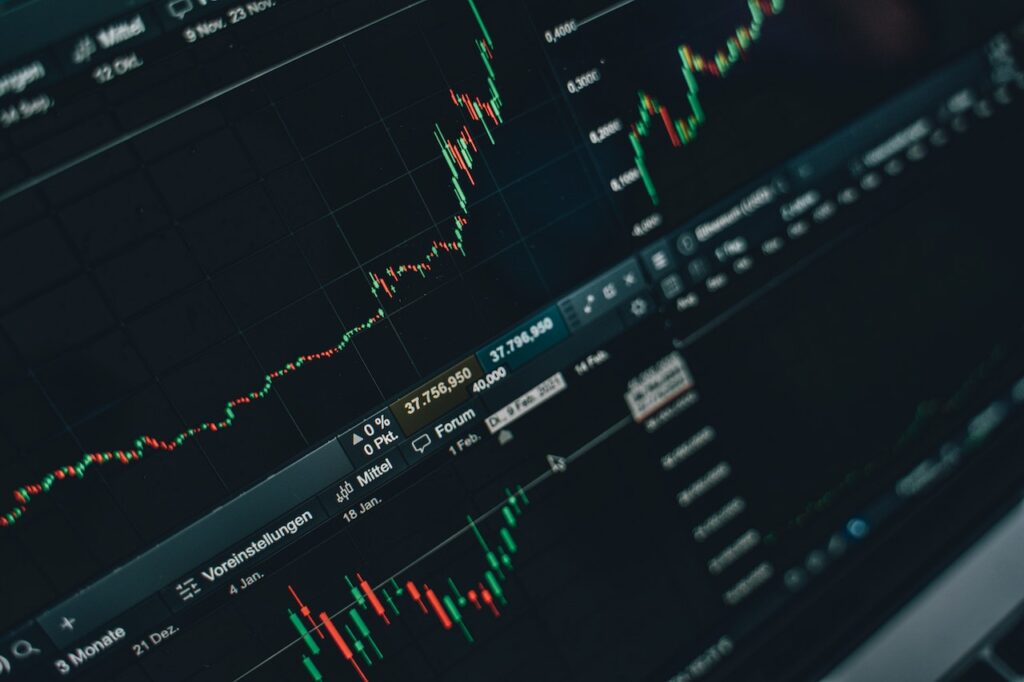The commodity trading market is the oldest form of investment in the world. It involves trading primary economic sectors such as sugar, fruit, and cocoa. It also deals with hard commodities such as gold and oil. The oldest form of investment in commodities is through futures contracts. The key to making money in the commodity trading market is diversification.
Leverage
Leverage in commodity trading is a trading method where the investor borrows money to trade on the market. The investor typically invests ten percent of the full price of a commodity, but the remaining amount is known as margin. This can help the investor generate a larger return on investment than the stock market, but it also has its downsides. As with any financial market, there is a high risk of loss in this type of trading.
Traders use leverage to magnify their winning and losing trades. Leverage can be extremely beneficial when it comes to commodity trading. Despite its high risk, commodity prices are considered a sound investment that can protect the investor against inflation. There are certain risks associated with commodity trading, though, that can be minimized by following the right strategy.
Costs
Many traders fear the changes in legislation that could increase their costs of trading. However, there are several factors that traders should consider before they begin trading. For one thing, trading is a risky business, and prices can be affected by major currency fluctuations and weather conditions. Traders should never trade more than they can afford to lose.
Commodity prices are known for their high volatility. For example, in the past year, the average spot price for Brent crude oil fluctuated between $124.9 and $30.8 per barrel, and the average monthly price for copper at the London Metal Exchange ranged from $9,868 to $3,072 per ton. Agricultural prices have also been very volatile. For example, the average monthly indicator price of coffee sold by the International Coffee Organization reached a high of 231 United States cents per pound and a low of 98 U.S. cents per pound in 2017.
Analytical skills
If you have a background in math or statistics, you may want to consider a career in commodity trading. Analysts use math and statistics to analyze data, calculate values, and predict future trends. By analyzing data, commodity analysts can develop strategies for investing, make informed decisions, and better understand the market.
In addition to math, commodity traders need good customer service skills. They often interact with clients and watch the markets closely. They need to be able to identify and analyze small market changes to provide accurate feedback. The ability to identify risks is also important. By developing a strong customer service skill set, traders will build relationships with clients and increase their chances of getting repeat business and frequent investment.
Commodity traders must have good analytical skills and be able to process problems quickly. They must also be able to work well in a team. They need to be able to solve problems and work within deadlines. They also need to be good communicators, as working alone is not an option.
Diversification
Diversification in commodity trading requires a different approach to investing than investing in stock markets. Diversification requires a diversified portfolio across several asset classes and geographies. Before the financial crisis, many investors piled into commodities, carry-trade currencies, and emerging markets. The problem with this strategy was that investors needed to sell their investments at the same time. Diversifying your portfolio into various income producing assets will help you achieve sustainable returns.
The first step to diversification in commodity trading is to determine your risk appetite. You can use ETFs to spread your investment across different commodities. Commodities are generally considered hard and soft. Hard commodities are extracted from the earth and include energy products and metals. Soft commodities, on the other hand, are grown in fields. Most experts recommend investing between five and ten percent of your portfolio in commodities. A smaller percentage might be appropriate for those with lower risk tolerances.
Stocks related to commodities
Commodity stocks are investments that involve purchasing shares in a company that makes or sells a commodity. The prices of commodities are affected by a variety of factors, including supply and demand, capacity utilisation, debt-equity ratio, valuation, and government policies. A stock price movement that is correlated to a commodity price is typically a good investment.
Commodity prices have been on the rise recently due to supply disruptions and a higher-than-usual demand. This is a positive for commodities, as they are an inflation hedge. However, if the Fed’s rate-hiking policies become too aggressive, they could stifle demand and cause a recession. Commodity stocks are volatile, but have the potential to deliver market-beating returns.









Facebook Comments